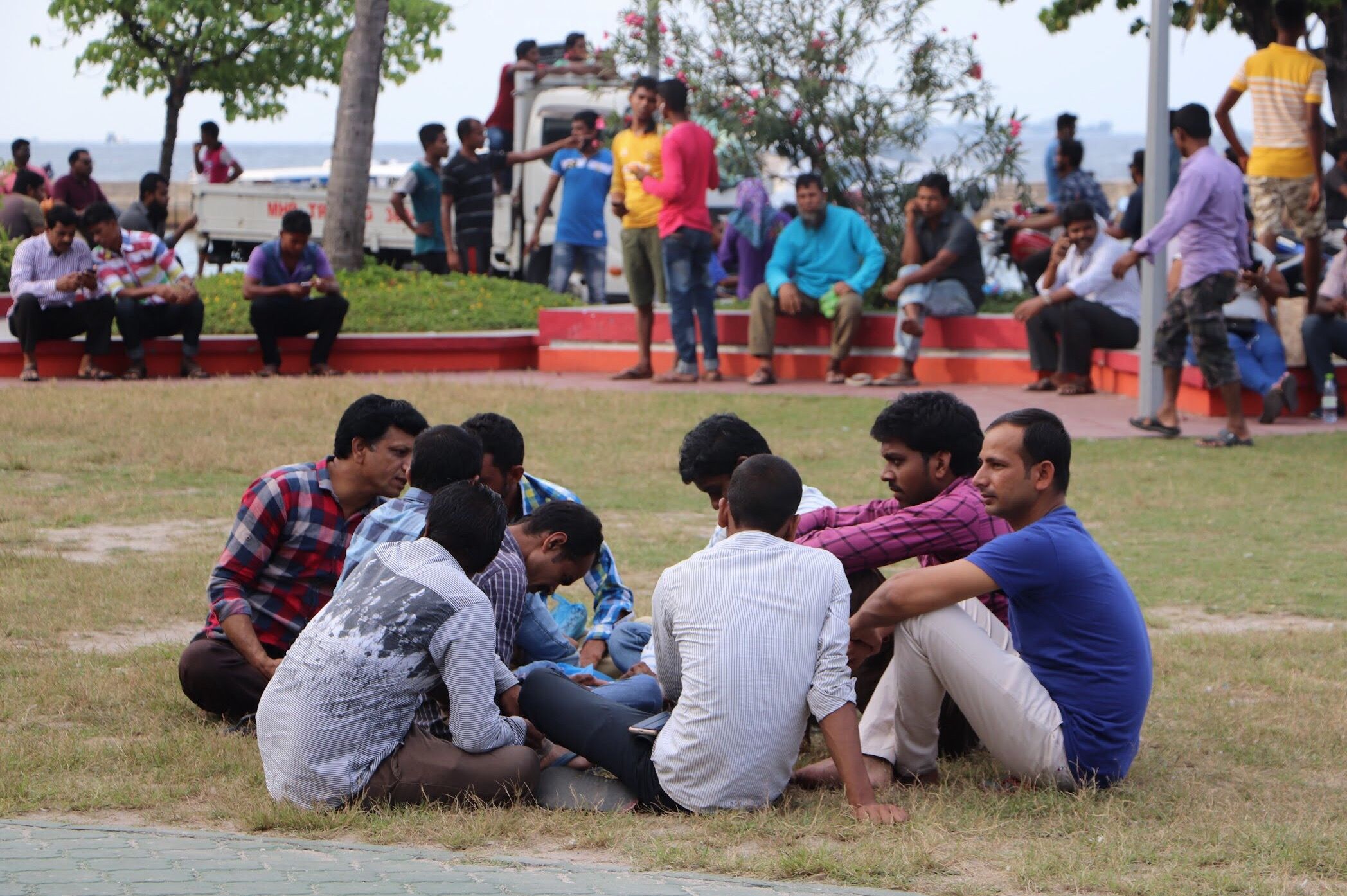Maldives bans recruitment of Bangladeshi labourers for one year
A “regularisation programme” was launched for migrant workers.

18 Sep 2019, 09:00
The Maldives government has banned the recruitment of unskilled Bangladeshi labourers for one year in a bid to tackle a longstanding problem of undocumented migrant workers.
The announcement was made by Economic Development Minister Fayyaz Ismail on Wednesday, a day after he was appointed chair of a ‘National Task-force on Issues Related to Migrant Workers’ formed to strengthen foreign labour policy and revise regulations on issuing quotas and work permits.
Briefing the press about the “regularisation programme,” Fayyaz explained that the government decided to cap the number of unskilled workers from each source country at 150,000 – half the local population – a limit that has been reached for Bangladeshi labourers if undocumented workers are counted.
“If there are changes and challenges faced by the economy, our task-force will review the decision in six months and see whether changes are needed or not,” he said. Bangladeshi labourers who have applied for work permits would be exempt as the ban takes effect on September 18, he added.
Become a member
Get full access to our archive and personalise your experience.
Already a member?
Discussion
No comments yet. Be the first to share your thoughts!
No comments yet. Be the first to join the conversation!
Join the Conversation
Sign in to share your thoughts under an alias and take part in the discussion. Independent journalism thrives on open, respectful debate — your voice matters.




